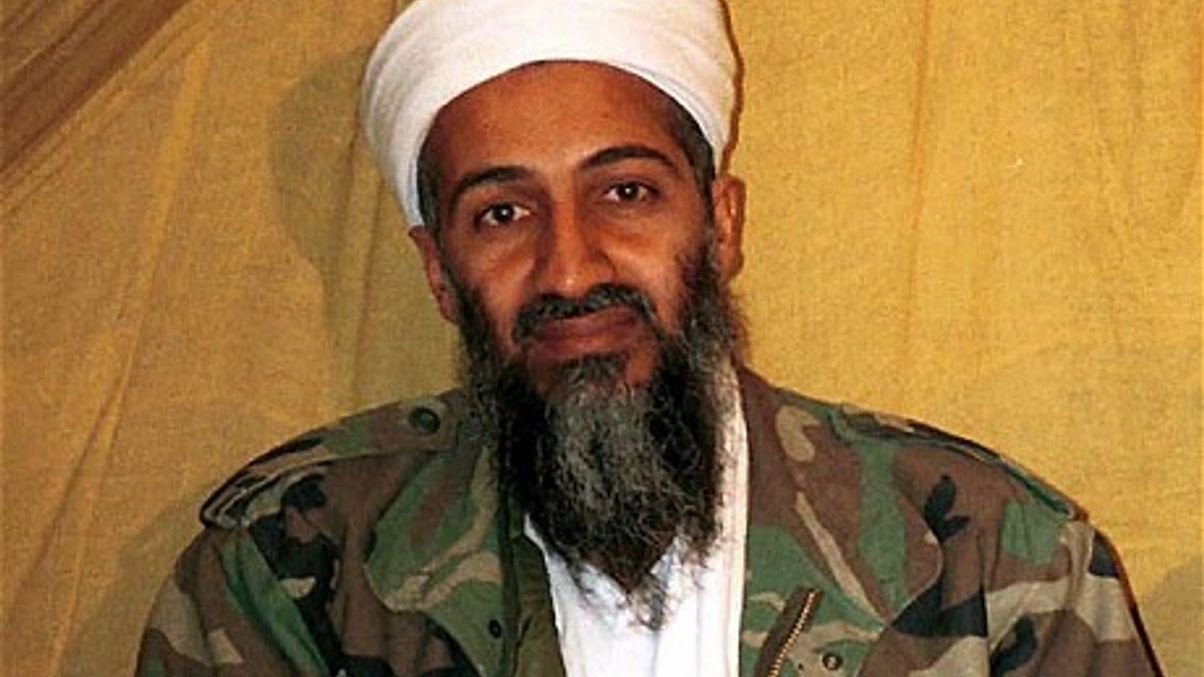Osama Bin Laden, America and Asia
The killing of Osama Bin Laden could lead to a new chapter in America's relations with Asia.

Monday morning we in Asia woke to the news that US special forces, in a daring raid into the heart of Pakistan, had fought and killed Osama Bin Laden.
Sign in to read on!
Registered users get 2 free articles in 30 days.
Subscribers have full unlimited access to AsianInvestor
Not signed up? New users get 2 free articles per month, plus a 7-day unlimited free trial.
¬ Haymarket Media Limited. All rights reserved.


